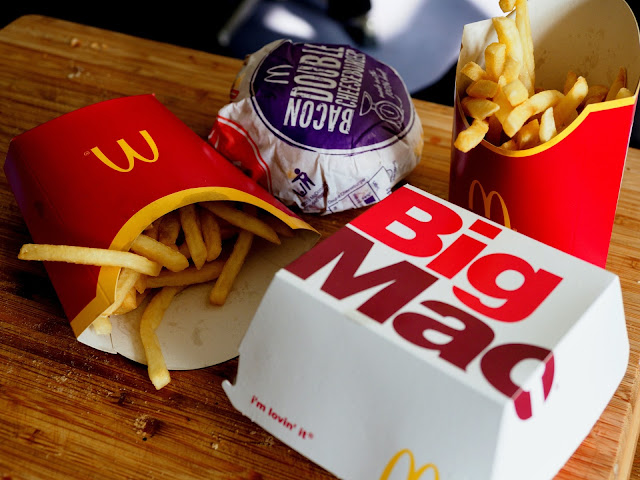The Minimalist Ideal in a Nutshell: Less, but Better
Maybe it's an American trait to want to “get the most bang for the buck.” I don't know if that mentality has spread throughout the world, but if so it has a major downside.
Wanting to get the most for the money has led us to buy a ton of cheap unnecessary junk because it's available, not because it's desirable or the best way to meet a need.
The bad news
- We buy five cheap tee shirts that will fade and stretch out of shape after a few washings, instead of one high-quality shirt that will fit and look good for a long time.
- We buy several pieces of particleboard bedroom furniture instead of refurbishing one well-made, solid wood dresser.
- We buy cartons of one-time-use paper towels or packages of plastic sponges instead of a half dozen kitchen wash cloths we'll use over and over for a couple of years, until they finally have to be downgraded to rags we use for extra-tough cleaning jobs.
- We buy a cheap meal at McDonald's instead of making a sandwich with quality ingredients at home.
- We buy a big bag of M&M's instead of one luscious handmade chocolate truffle.
- We guzzle a huge 32-ounce Big Gulp soda saturated with high fructose corn syrup instead of a glass of organic sun tea.
This tendency leads to piles of clutter, mounds of garbage, impaired health, and obesity. There's no way this is good for us or for the planet.
A better mindset
So my mantra is "less, but better." It's the perfect minimalist mindset. Living by this motto makes a smaller, more sustainable wardrobe possible, with every piece designed to fit, flatter, and endure. It makes a less-crowded home possible, with topnotch, lovingly maintained furnishings and accessories. It improves my food choices while reducing unnecessary intake.
According to German designer Dieter Rams, who wrote a book about this philosophy, "one of the most significant design principles is to omit the unimportant in order to emphasize the important." That's the minimalist ideal in a nutshell. Minimalists remove clutter in order to make room for and highlight what they value most.
Less, but better. Keep that in mind as you declutter your home and schedule, and as you make buying choices. We have to get away from planned obsolescence and wasteful over-abundance. "There is no future with so many redundant things," according to Rams.
Related article: Just Eat an Apple
Updated February 2023






I love this post. The purchases I made that were more thoughtful (and usually more expensive) are those that I got the most use from and felt the most continued appreciation.
ReplyDeleteHello MmeJacqueline, and thank you for reading! My husband and I just went on a little trip, and I purchased no souvenirs! We took a few pictures, but otherwise simply enjoyed everything around us! We came home with nothing useless, and nothing to wind up in a closet or on a shelf or table, never to be noticed again (except when dusting). And had a wonderful, memorable time! So freeing.
Delete